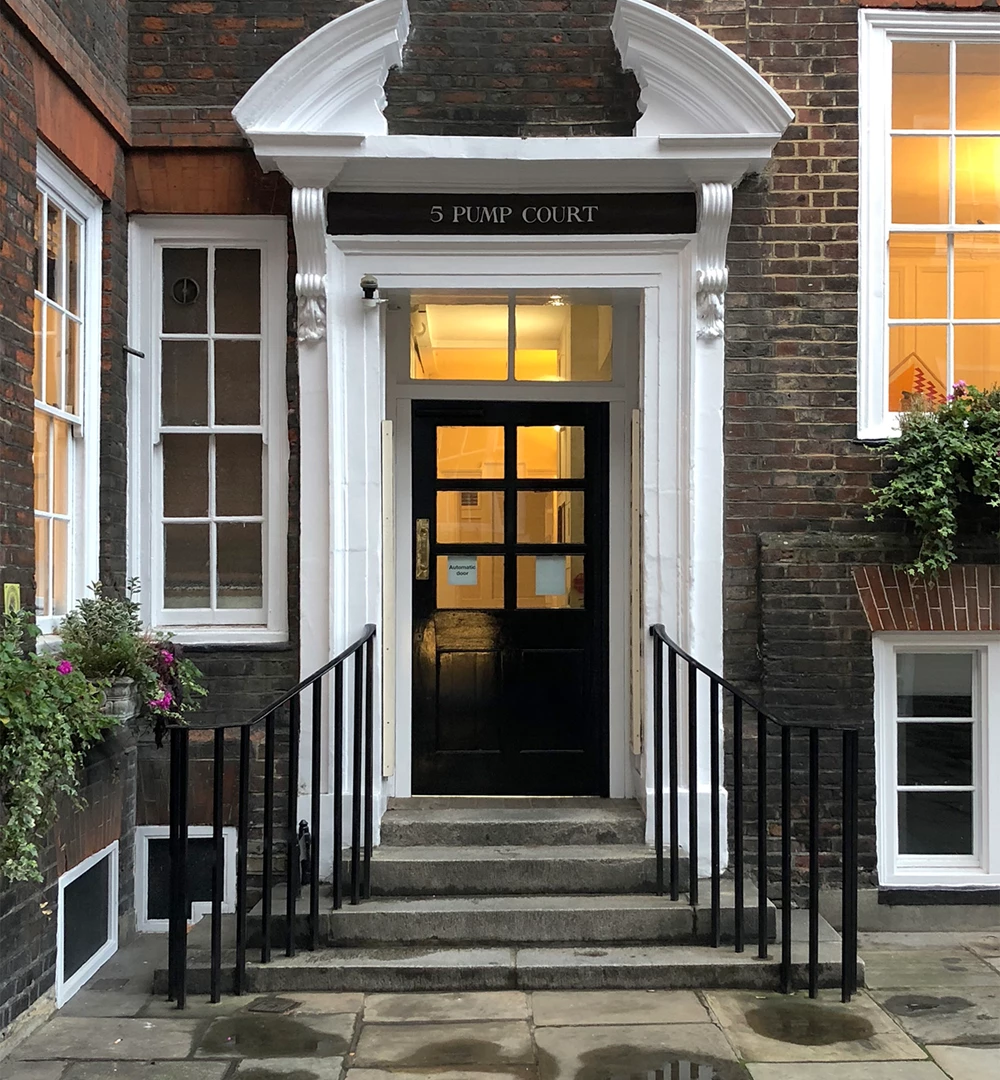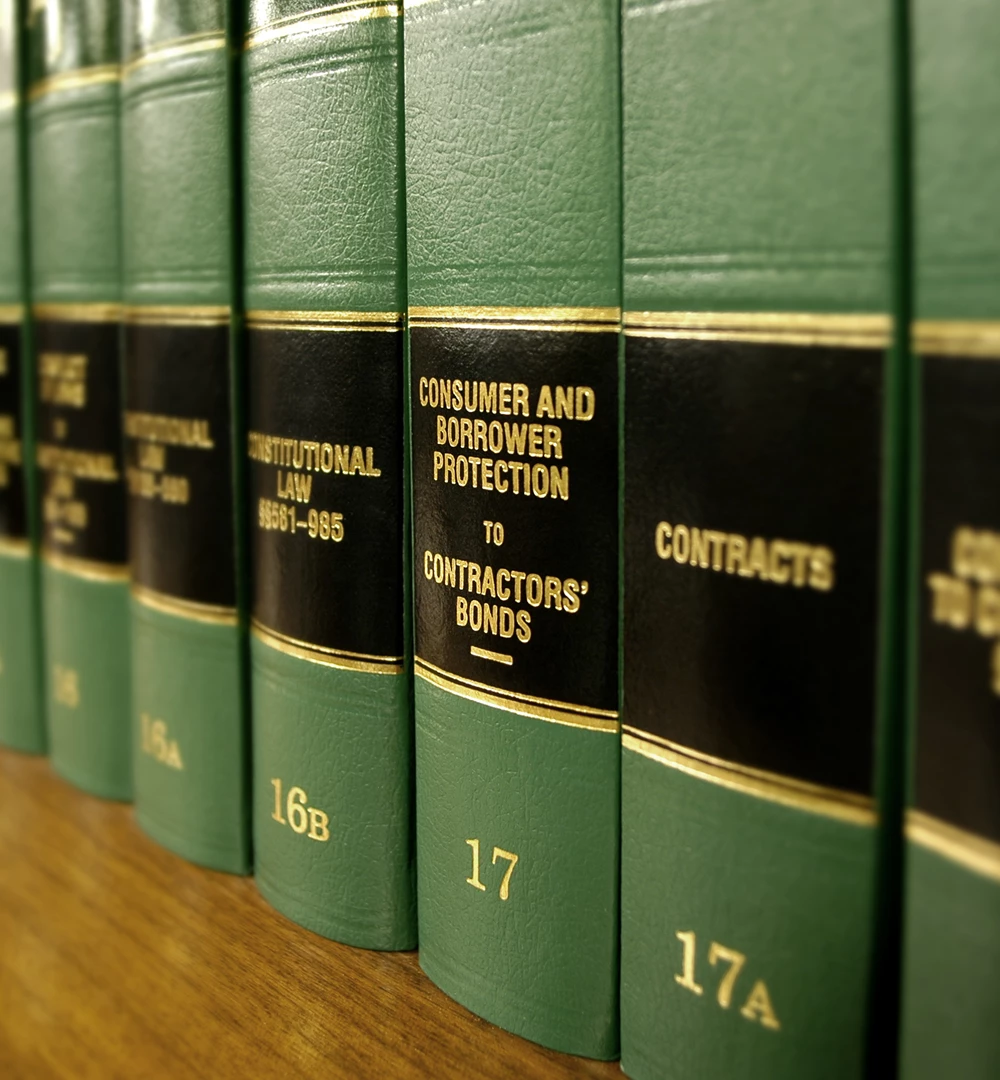Pupillage Interviews: Top Tips

Before the interview
Recognise your achievement
Chambers are only able to interview a small minority of applicants. If you have reached the interview stage, you are already well on your way to securing a pupillage. This is more so the case for those who reach the second (generally the final) round of interviews.
Research the chambers interviewing you
You will likely already have conducted some research into the work chambers does, as well as some members of chambers. At the interview stage, it is important to have a very clear idea of what a pupillage, and subsequently a tenancy, will look like at that set. It will not look good if, when asked something like the “Why us” question, you refer to a practice area that falls outside of their remit.
Find out who’s on the panel
Some sets may tell you who will be on the panel when they offer you an interview or in advance of the interview. If they do not, ask! Knowing about the work the people interviewing you do is a great way to show a specific interest in that chambers. And be warned - during one interview, I was specifically asked what the barristers on the interviewing panel specialised in.
Brush up on your case law and current awareness
You will inevitably be asked to discuss either case law or another significant development more generally (or both). If in your paper application you referred to a specific case, make sure you know it very well. Don’t just read the case summary! You may be asked to discuss specific facets of the judgement, or even comment on whether you think it was correct. Make sure you have a few different cases that you are prepared to discuss which fall within the practice areas of the chambers you are interviewing with. If you have access to it, subscribe to the Current Awareness updates on Practical Law!
Consider your answers to ‘standard’ interview questions
“What are your weaknesses?” “How would your friends describe you?” “What do you want to be a barrister?” – These are some of the questions that are regularly asked, and are a great opportunity to show off parts of your CV. Some of them will have been asked in your application (you may be asked to elaborate) and others should be predictable. As you gain experience interviewing, you will likely develop answers you can give without thinking. Just make sure not to over-plan these to the extent that they sound disingenuous.
Do a mock interview
A great way to practice the kinds of questions referred to in the previous point, mock interviews should be available through your Inn and Bar Course/GDL provider. Interviewing is a skill that can be developed over time, so get a head start!
Rest!
Being in the right headspace as you go into an interview is a large part of success. You will not benefit from staying up late poring over your application or reading through the dark recesses of Westlaw. Sleep, eat and relax! (If you go to the pub the night before, be sensible…
Check the details.
When I was last applying for pupillage, almost every interview I had was conducted remotely. If this is the case for you, make sure you have a Zoom/Skype link and are certain of when you’re expected to log on. If your interview is in person, make sure you have the correct address and arrival time (bear in mind that many of the entrances to the Inns of Court are closed at the weekends so you might have to take a roundabout route). I found it helpful to arrive early to make sure I knew where I was going, then went to grab a coffee (perhaps not the best idea – you may not have opportunity to use the bathroom once you arrive at the venue).
Avoid clashes
Having multiple interviews on the same day is a good problem to have, but a problem nonetheless. If you can pick your slot, make sure to leave plenty of time between interviews for travel and in case one overruns. It is normally worth warning both sets that you have more than one interview, and make sure you have the contact details for the second so that you can call if you are delayed.
Prepare your advocacy exercises
Many sets will give you advocacy exercises to prepare in advance, especially for second round interviews. Some may include written work, like an advice or skeleton argument. It will be hard to over-prepare for these, as it is the best way to show off your ability as an advocate.

At the interview
Remember – the interview starts the second you enter the building
Be polite and courteous to everyone you meet once you arrive for an interview. You may be greeted by a clerk, pupil or other member of staff. Beyond the simple fact that you should try to be nice in any event, assume that the panel will hear about it if you are not.
Slow down
You will be nervous. Most nervous people will speak at a faster pace. That will make it more difficult for the panel to listen to, and make a note of, what you have to say. Conversely, if you make the conscious effort to slow down, you will be clearer and convey confidence. (This is also a useful general tip for advocacy).
Be genuine
Many of us have a ‘barrister voice’ – a voice that isn’t quite our own - which we use in formal settings because that’s how we believe a barrister should sound. When you are invited to an interview, it is important for the panel to get an idea of what you are like. If you’re inauthentic, it will probably be apparent to the panel. It is far better to give them a sense of what you will be like to work with in chambers and spend time with at social functions.
Don’t be thrown
Some of the questions you might be asked may seem a bit strange. I was once asked “If you could be any chocolate bar, which would you be?” There are probably no wrong answers here, the point is to see to what degree you have the ability to handle pressure and think on your feet. I have also been asked to tell a joke, which leads me onto…
…Humour
Humour can be risky. It can be a good way to be memorable and to establish a rapport with the panel. It could also backfire tremendously. As a general rule of thumb, read the room and do not try to force it.
Ethics
You will likely be asked an ethics-based question (almost certainly in second rounds). Sometimes these form a part of an advocacy exercise, or you might be presented with a scenario shortly before the start of the interview. Generally, these will focus on basic ethical principles, but a useful hint - if the question places you in the role of a second six pupil, the answer should begin: “Firstly, I would call my supervisor.”
If you don’t know…
… admit it! You might be able to buy yourself time by asking the panel to repeat the question, or perhaps even to phrase the question in a different way (just don’t do it on every question as it quickly becomes obvious what you are doing!). But, if you simply do not know the answer to a question, it is best to just say so. At the very least you will save time in the interview to focus on the things you do know.
“Any questions?”
Do not ask a question for the sake of it, and do not ask a question you should already know the answer to. There is nothing wrong with simply saying something like: “No I don’t have any questions, but could I thank you all for your time.”

After the interview
Take a moment to reflect, then move on
Interviews are a learning experience. There will be things that went well and things that did not go so well. It is important to think about what you did well and what you can do better the next time round. After that, any further thought will be a waste of time. Your best sense of how an interview has gone will, more often than not, be immediately after the interview.
Keep trying
Not everyone can get pupillage straight away. But if you find that you’re getting interviews and consistently getting to the second round, or even getting reserve offers, you are almost certainly a good enough candidate to get pupillage somewhere. Just take the time to learn, improve your CV and practice.
Good luck!

